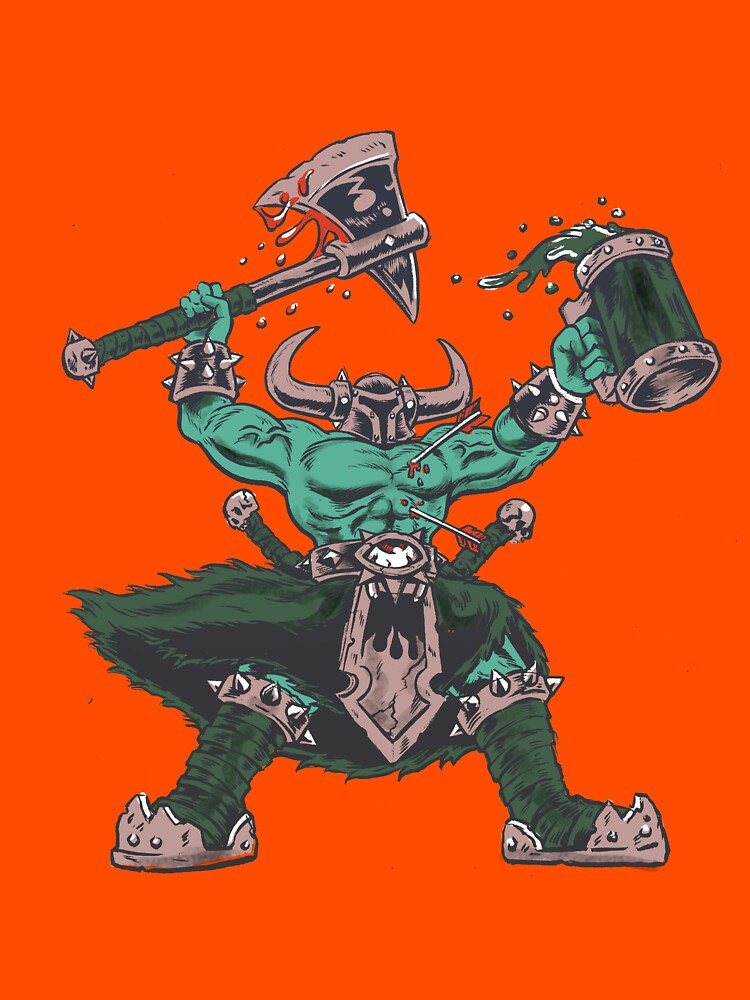So I've been in the death throes of wizard fever lately. I've gotten some excellent feedback by throwing my Sword Wizard and Forge Wizard out there. And I'd like to take this opportunity to share my notes on GLOG Wizard design.
1. Wizards are problem solvers
The wizard "presents a limited number of abilities (spells) with which to skip certain specific resource drains" (Lungfungus). Where Fighters have to roll to hit and Thieves have to roll to open locks, Wizards spend spell slots to make problems disappear. Pesky goblin no one can hit? Magic Missile. Pack of orcs? Sleep. Locked Door? Knock. With that said....
2. Magic is reliable
Wizards solve problems with magic. Or in other words, magic is their tool. A blacksmith wouldn't use a cracked hammer to pound steel. A woodworker wouldn't saw planks with a chipped saw. Therefore a magic user wouldn't solve problems with unreliable magic. Therefore magic must be reliable. With that said....
3. Magic has unpredictable costs
Mishaps and Dooms make the Wizard closer to Fighters and Thieves in that it adds a cost under a certain condition. For Fighters and Thieves is strictly roll-based. Rolled too low? Miss. But in the Wizard's case the magic still happens, then they take costs. With that said....
4. Wizards hedge reliable problem solving with unpredictable costs
This is the main "strategy" of the Wizard. If Mishaps and Dooms didn't exist the wizard would just get to spam 2+ MD spells willy-nilly. But since Mishaps and Dooms are present, the Wizard has to wage his risks. He could invest 1MD in Magic Missile on that owlbear, but it has two claws and a bite and a bear hug, but if you invest anymore you could pay a terrible cost. I theorize this is why most wizards go mad. With that said....
5. Spells require an "Upgrade Factor"
Wizards need a reason to upgrade their spells with more spell dice. Or in other words an upgrade factor. This is usually in the form of the dice variables [dice] or [sum] but it could be in the form of an upgraded version of the spell. If your spell doesn't have a dice variable or an upgraded version, then it needs to come with a clause or downside to prevent the wizard from spamming it. With that said....
6. Spells need a "Hijinks Factor"
Spells should be multitasking tools. A hammer can be used for more than just pounding steel. Same concept with spells. But spells shouldn't be super tools that can power through any situation. Basically you want the spell to have a definitive effect that is applicable in at least two dungeon-to-dungeon situations. The wizard player will take care of the rest. With that said....
That's it. That's all I could think of.


